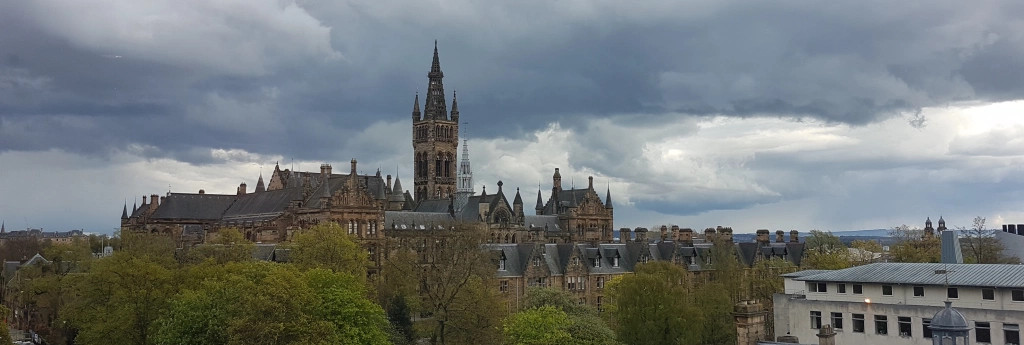Speaker
Description
Peer Instruction (PI) was first developed in the United States (Mazur, 1997). Although research shows that PI contributes to a positive learning gain (Fagen et al., 2002) and improves students' attitudes and beliefs about physics and learning physics (Zhang et al., 2017), little is known about the generalizability of its effectiveness in other countries. One cannot assume that such instructional strategy, which was developed elsewhere can be effectively implemented into a unique context in terms of language i.e. when the students’ first language is not the language of instruction there may be unique challenges to effective peer discussion in physics.
This study is a part of a PhD project at the University of Leeds to investigate the effect of language and culture on the effectiveness of PI. It involves two groups of students taking a first-year physics course at Sultan Qaboos University, Oman. One group is being taught using PI and the other with traditional lecturing. The rapid shift to online delivery brought extra challenge and interest to recreate these learning environments in a remote space. The effectiveness of students’ learning has been evaluated by administering an online half-length force concept inventory (Han et al., 2015) and CLASS attitudes survey (Adams et al., 2006) for both groups of students. For the concept inventory, half of the students in each group took the test in English, and half in Arabic. Results will be presented to provide further insight into the effectiveness of PI.
| Key words | Peer Instruction, Physics, Language, Online Teaching |
|---|---|
| Region | UK/Ireland |
